NHIAA’s Jeff Collins explains NIL decision making
| Published: 02-04-2023 6:45 PM |
In the eyes of Jeff Collins, it was only a matter of time before name, image and likeness (NIL) arrived in New Hampshire at the high school level.
The executive director of the New Hampshire Interscholastic Athletic Association (NHIAA) has followed NIL’s trajectory acutely, especially since the United States Supreme Court’s June 2021 ruling in NCAA v. Alston that found the NCAA in violation of antitrust law for restricting certain compensation for student-athletes.
After months of discussion and monitoring the actions of state athletic associations, the NHIAA amended its bylaws in December after a November board meeting ratified the decision.
“We took the stance and said look, student-athletes can capitalize on their name, image and likeness as long as they’re not representing their own member high school,” Collins said. “This is really for their body of work and not preventing anybody from being able to profit off of that.”
The Monitor has previously detailed the scope of NIL, why it should exist for student-athletes and what impacts, if any, it could have on high school athletics in the state. The Monitor has also discussed the issue with University of New Hampshire law professor and NIL expert Michael McCann. New Hampshire is now one of 26 state athletic associations to permit high school athletes to capitalize on their NIL; Vermont is the only state in New England yet to do so.
The next step on the NHIAA’s side involves education. How is this issue discussed with coaches and parents? What information should athletes be made aware of?
“There is some education that goes along with this, and we’re looking at different avenues to provide that education to the schools, the parents, the coaches and the kids as well,” Collins said.
Informing involved parties about NIL could take several forms, from in-person meetings to information on the NHIAA’s website. Collins also mentioned that other state associations have contracted with outside agencies, which they’re looking at as well.
Article continues after...
Yesterday's Most Read Articles
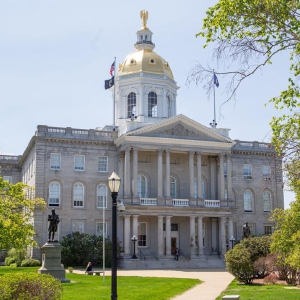 N.H. Educators voice overwhelming concerns over State Board of Education’s proposals on minimum standards for public schools
N.H. Educators voice overwhelming concerns over State Board of Education’s proposals on minimum standards for public schools
 “It’s beautiful” – Eight people experiencing homelessness to move into Pleasant Street apartments
“It’s beautiful” – Eight people experiencing homelessness to move into Pleasant Street apartments
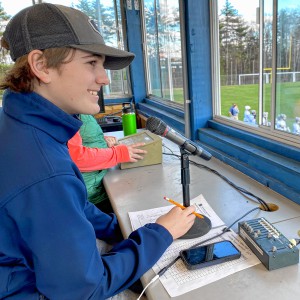 Voice of the Pride: Merrimack Valley sophomore Nick Gelinas never misses a game
Voice of the Pride: Merrimack Valley sophomore Nick Gelinas never misses a game
 Matt Fisk will serve as next principal of Bow High School
Matt Fisk will serve as next principal of Bow High School
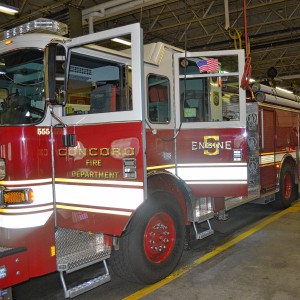 Former Concord firefighter sues city, claiming years of homophobic sexual harassment, retaliation
Former Concord firefighter sues city, claiming years of homophobic sexual harassment, retaliation
 A trans teacher asked students about pronouns. Then the education commissioner found out.
A trans teacher asked students about pronouns. Then the education commissioner found out.
When evaluating the impact of permitting NIL on the state, Collins notes that it’s also important to consider what would happen if the NHIAA didn’t amend its bylaws. Given the U.S. Supreme Court’s ruling in NCAA v. Alston, it’s not inconceivable that state associations not allowing NIL could be found in violation of the law like the NCAA was.
It’s still early in the process, as the NIL wave sweeps across the country at the high school level; further intervention from state and federal government might eventually be required. For now, though, Collins will continue following how other state associations react to a rapidly-changing landscape.
“It’s the early stages of this whole thing,” he said. “It’s new to state associations across the country, and it’s something we’ll continue to monitor and keep our eye on.”


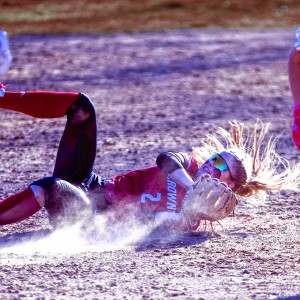 High schools: Coe-Brown softball wins 5th straight, Concord’s McDonald pitches first varsity win, Tide’s Doherty scores 100th career point
High schools: Coe-Brown softball wins 5th straight, Concord’s McDonald pitches first varsity win, Tide’s Doherty scores 100th career point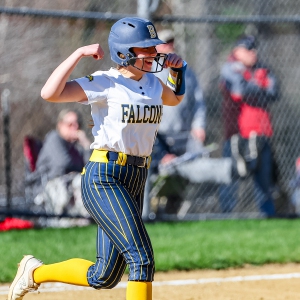 High schools: Bow’s Kelly lifts Falcon softball to victory in walk-off, more Monday results, plus Saturday’s track meets
High schools: Bow’s Kelly lifts Falcon softball to victory in walk-off, more Monday results, plus Saturday’s track meets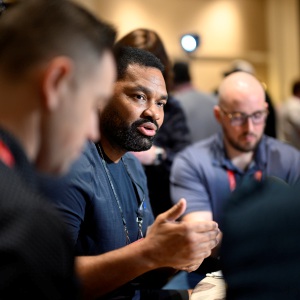 Patriots’ draft approach likely to be different in post-Belichick era
Patriots’ draft approach likely to be different in post-Belichick era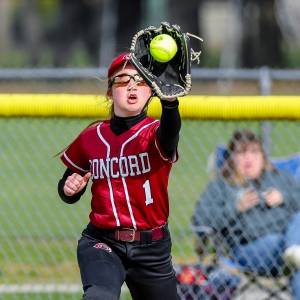 High schools: Weekend results
High schools: Weekend results
